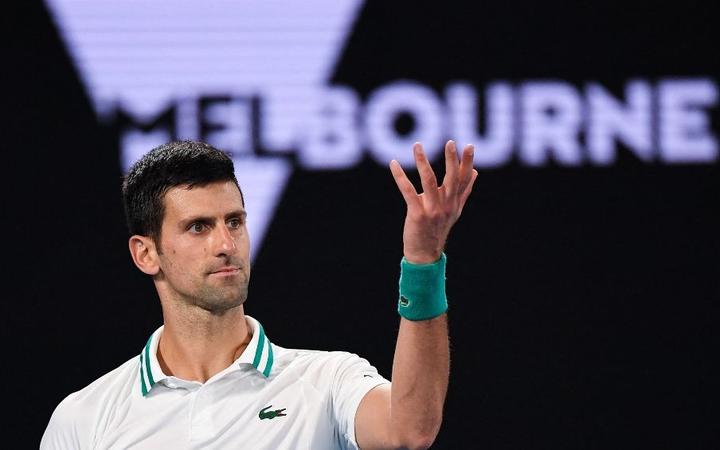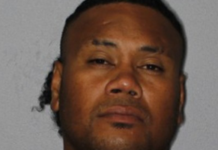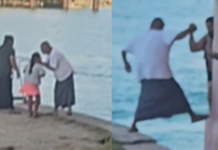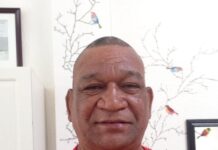Australian Immigration Minister Alex Hawke has cancelled Novak Djokovic’s visa and the tennis player will be deported.

Photo: AFP
Hawke said he cancelled the visa on “health and good order grounds, on the basis that it was in the public interest to do so”.
“In making this decision I carefully considered information provided to me by the Department of Home Affairs, the Australian Border Force and Mr Djokovic,” he said.
The tennis star’s legal team has indicated they intend to file an injunction against the minister’s decision in a bid to allow him to stay and play in the Australian Open.
If Djokovic does not appeal the minister’s decision he will be deported and may be barred from being granted any future visa for the next three years.
It is unclear yet if he has been taken back into immigration detention in Melbourne.
Hawke had been considering whether to personally intervene since Monday, when Djokovic won a reprieve in court case that reversed an earlier decision to cancel his entry visa in the hours after he arrived in Australia on 6 January.
Djokovic, who is unvaccinated, had his visa revoked on 6 January shortly after arriving in Melbourne amid questions over the vaccine exemption that would have permitted him to enter.
He was held alongside asylum-seekers at an immigration detention hotel for several days before a judge said that treatment was unreasonable and on Monday ordered him freed.
Earlier today, the world number one seed was drawn to play compatriot Miomir Kecmanovic in the first round of the Australian Open, with Tennis Australia preparing as if he was going to play.
Hawke’s decision to revoke Djokovic’s dashes the Serb’s hopes of winning a record 21st Grand Slam at the Australian Open, the year’s first major, which starts in Melbourne on 17 January.
Since his court win on Monday questions had also been raised about whether the 34-year-old lied on a border entry form about his travel in the two weeks before he arrived in Australia.
In a statement on Instagram he said his team filed the document and the mistake was a “human error”, and he had provided additional information to the government for the minister to consider.
– more to come
– RNZ / ABC







